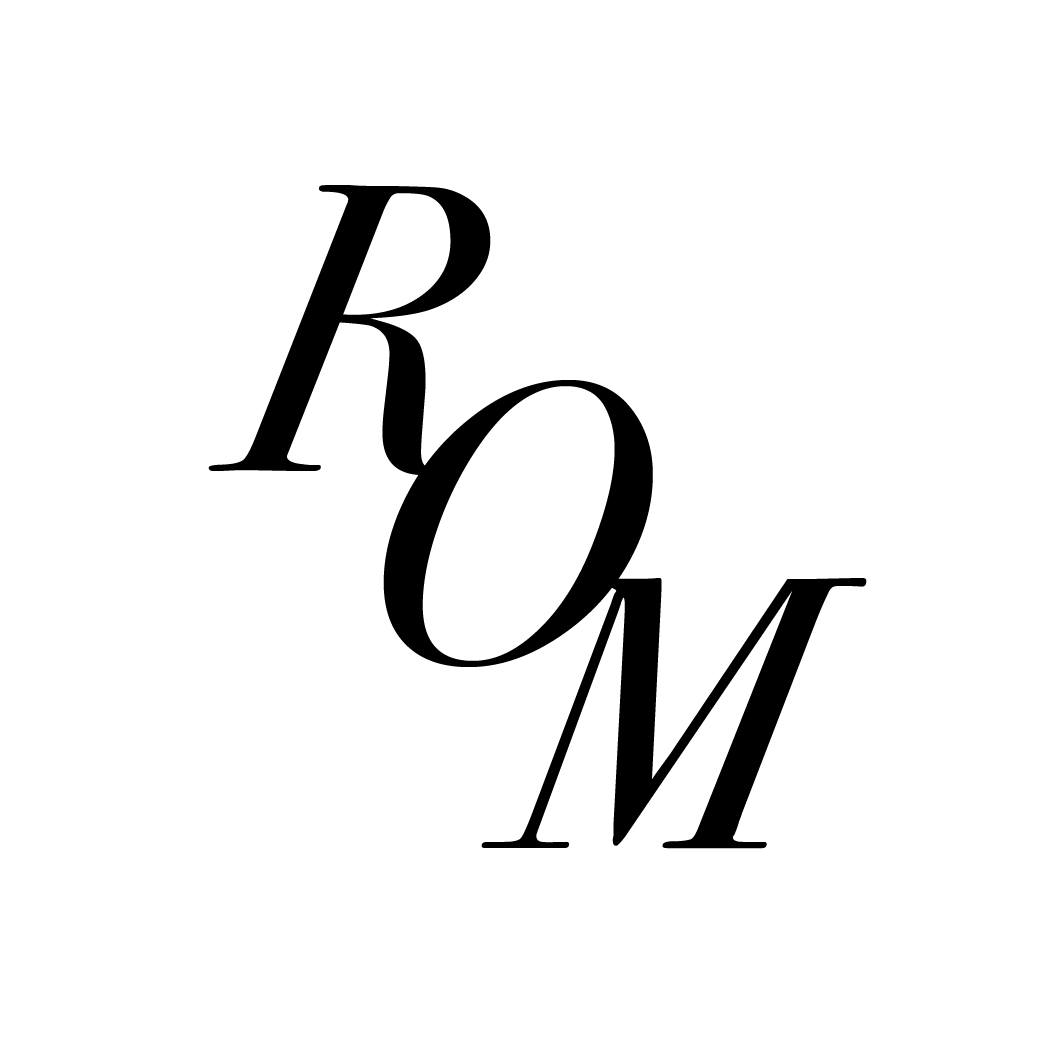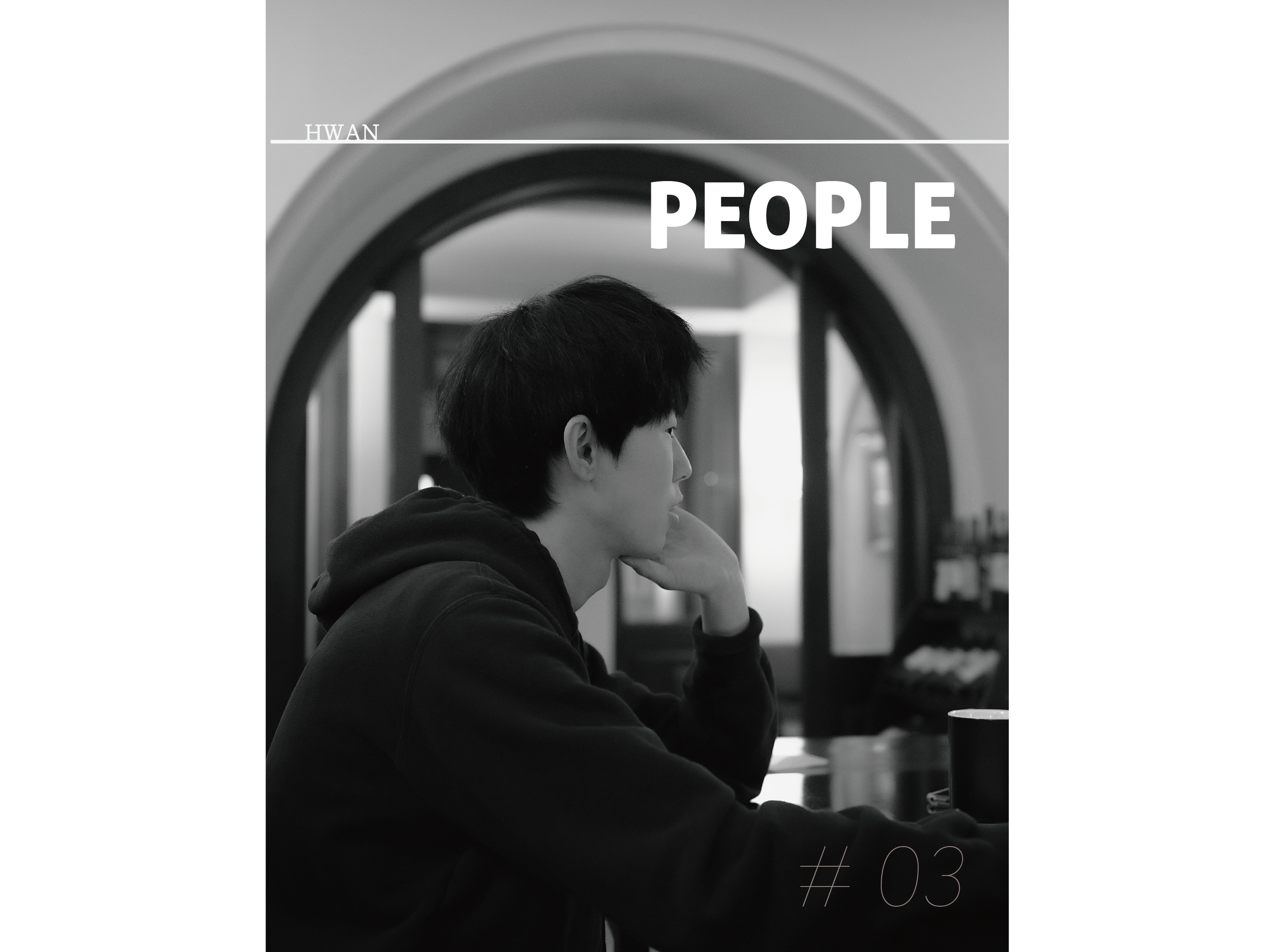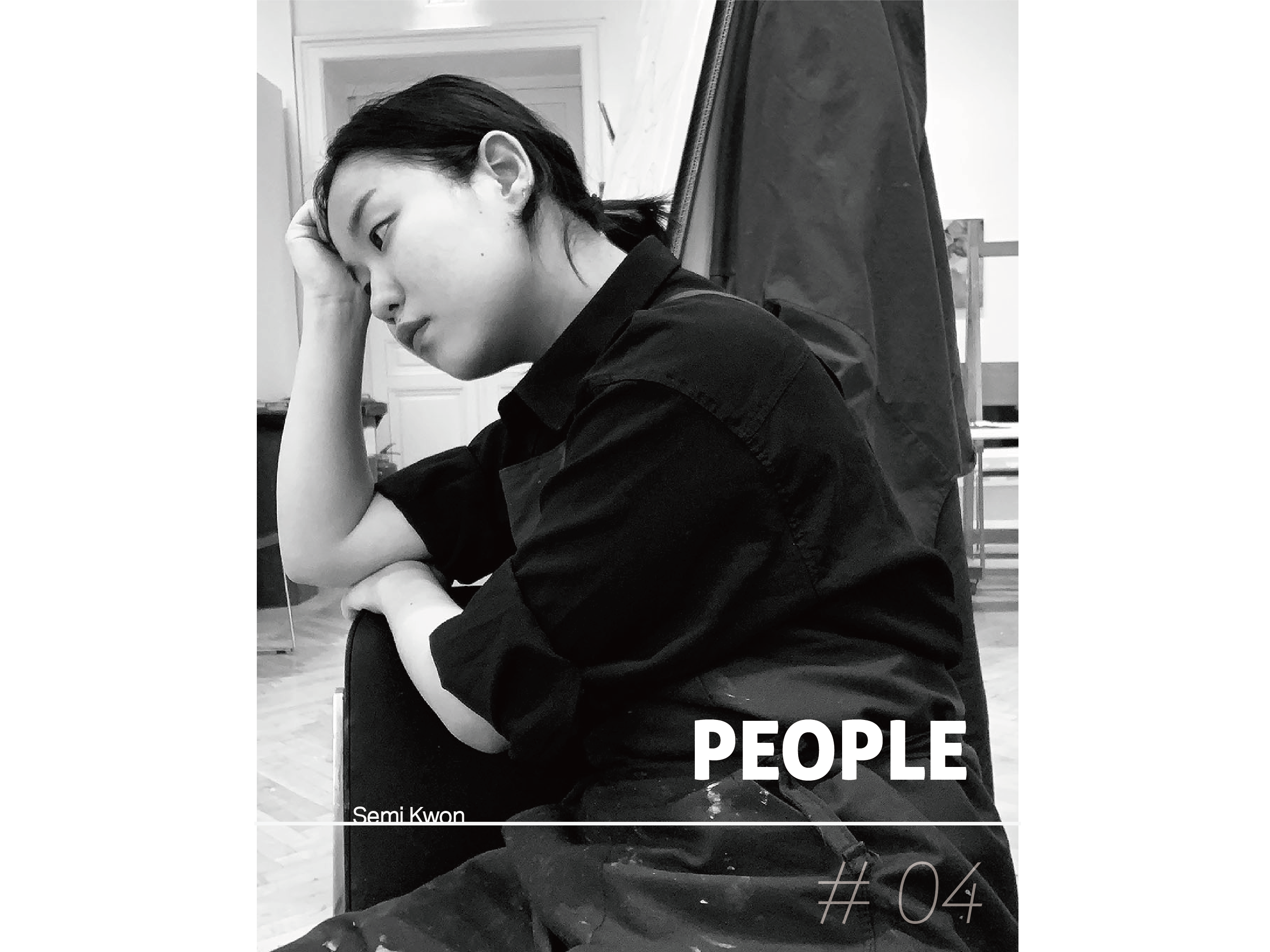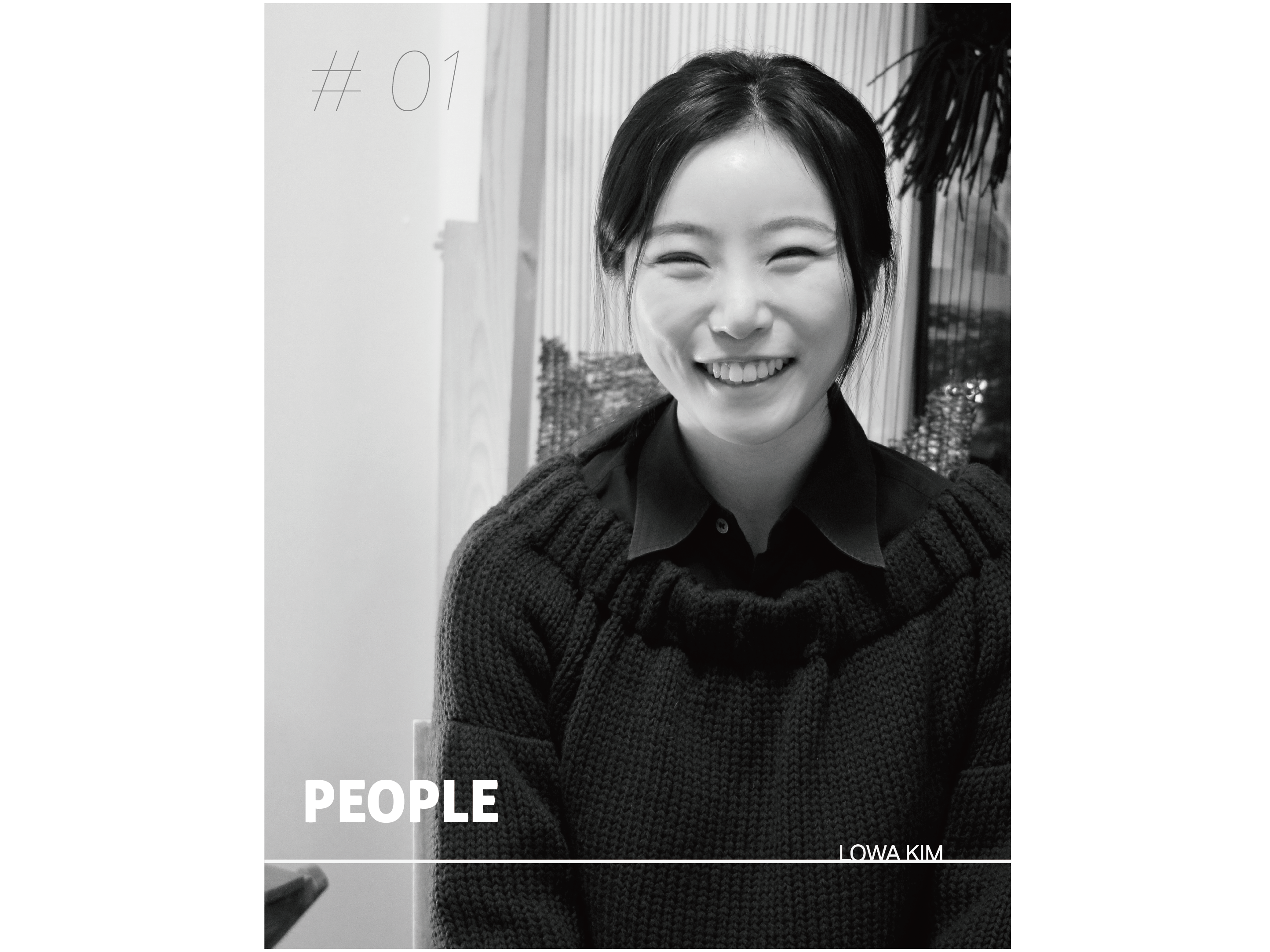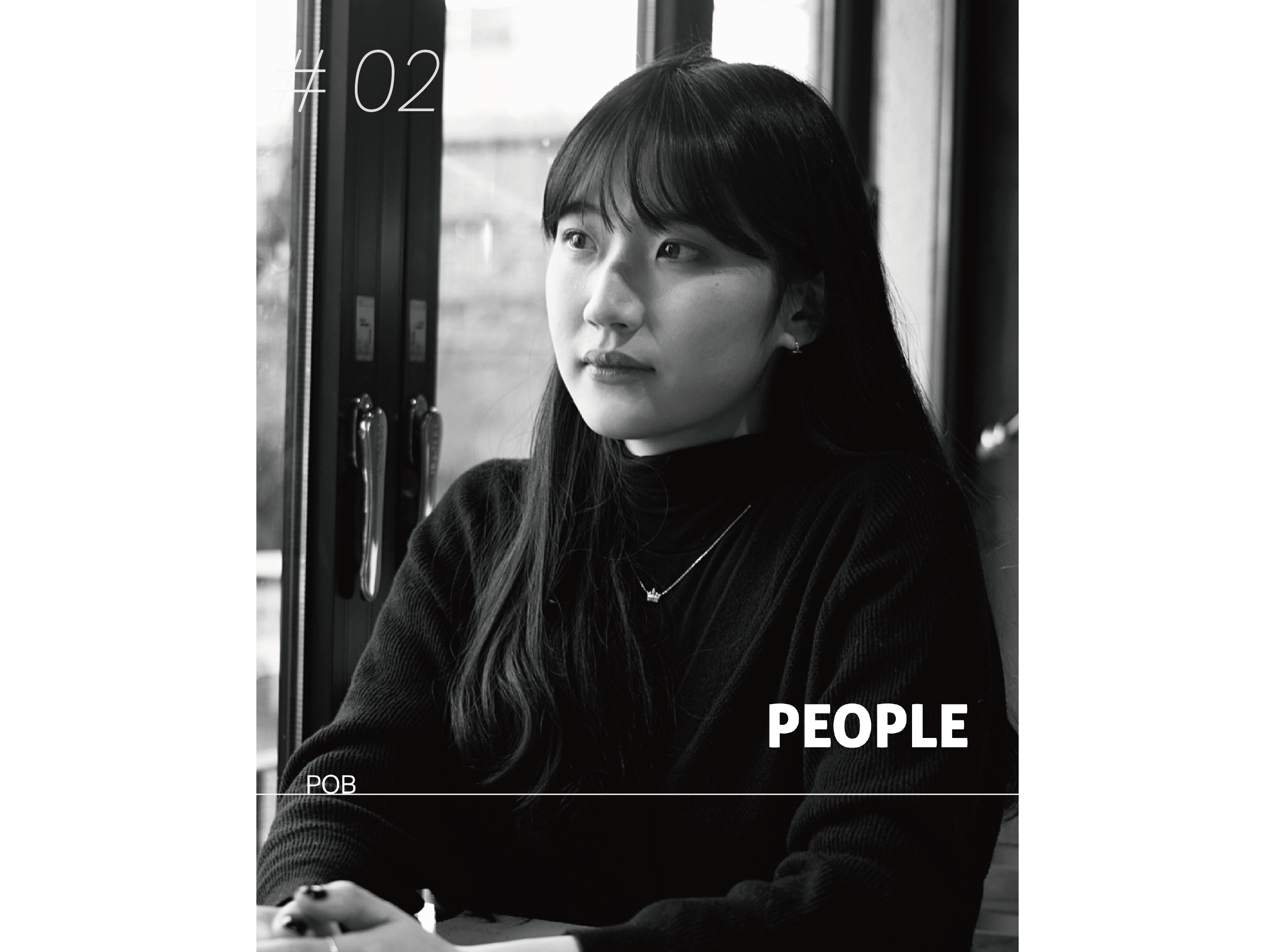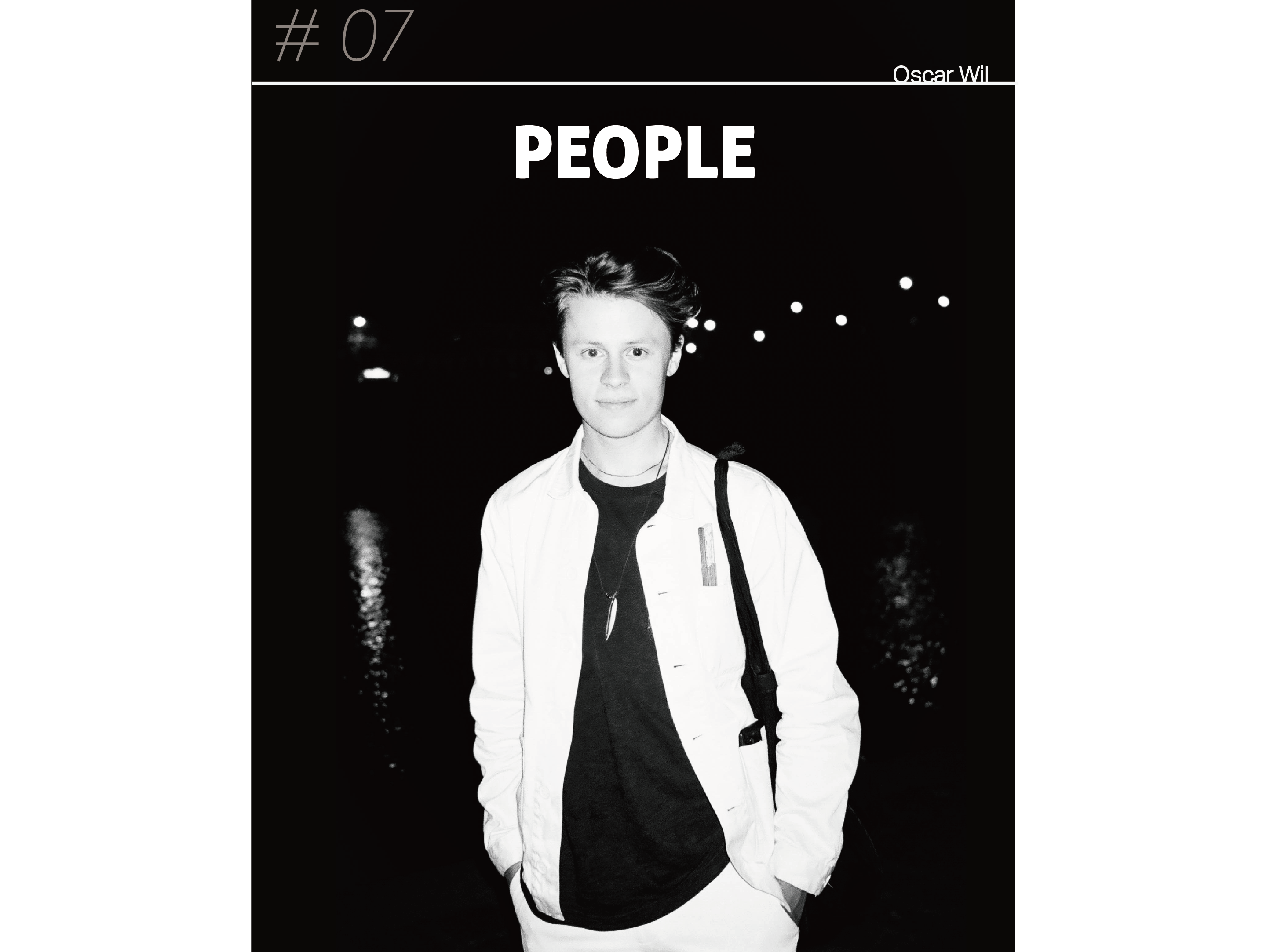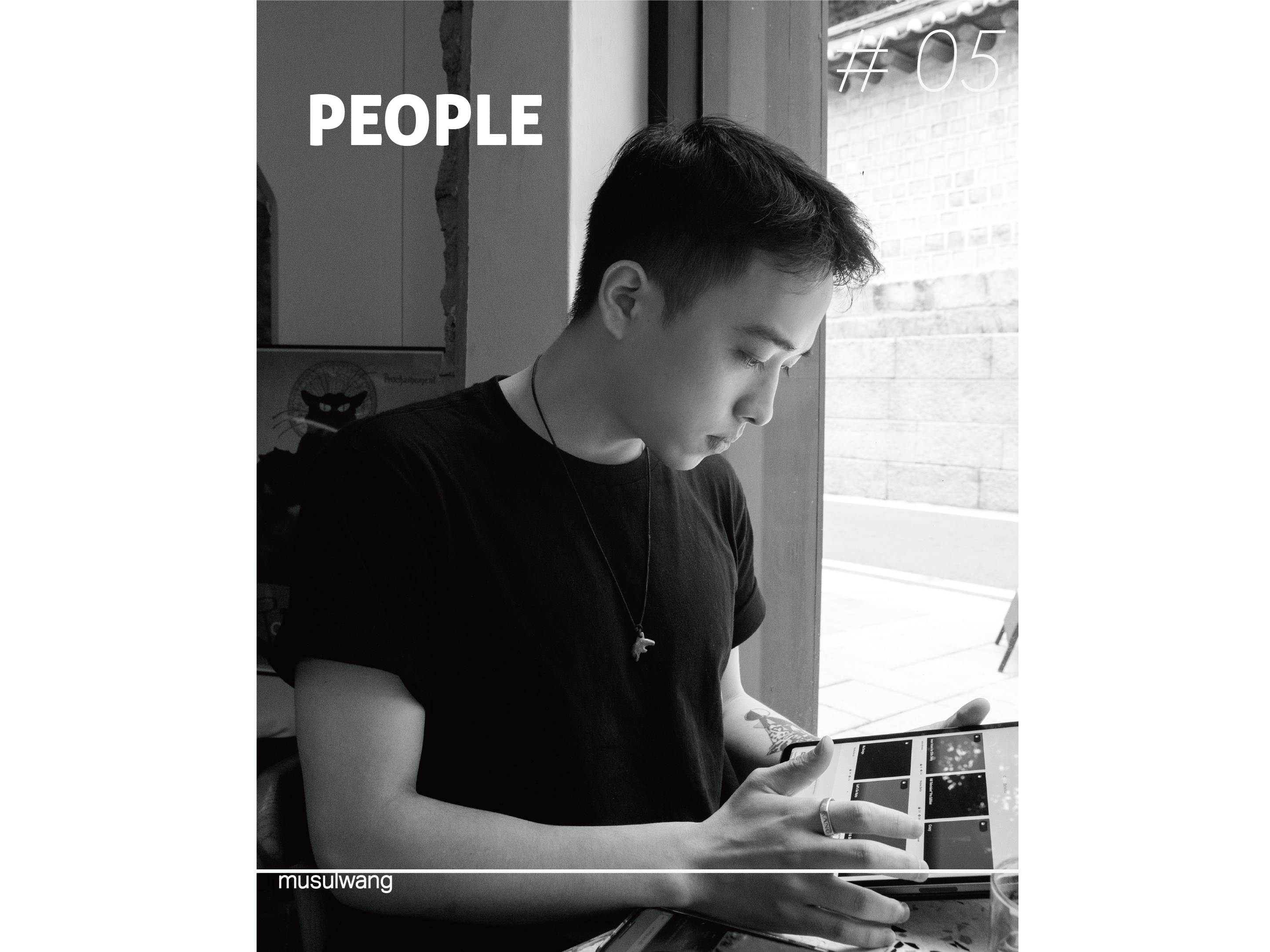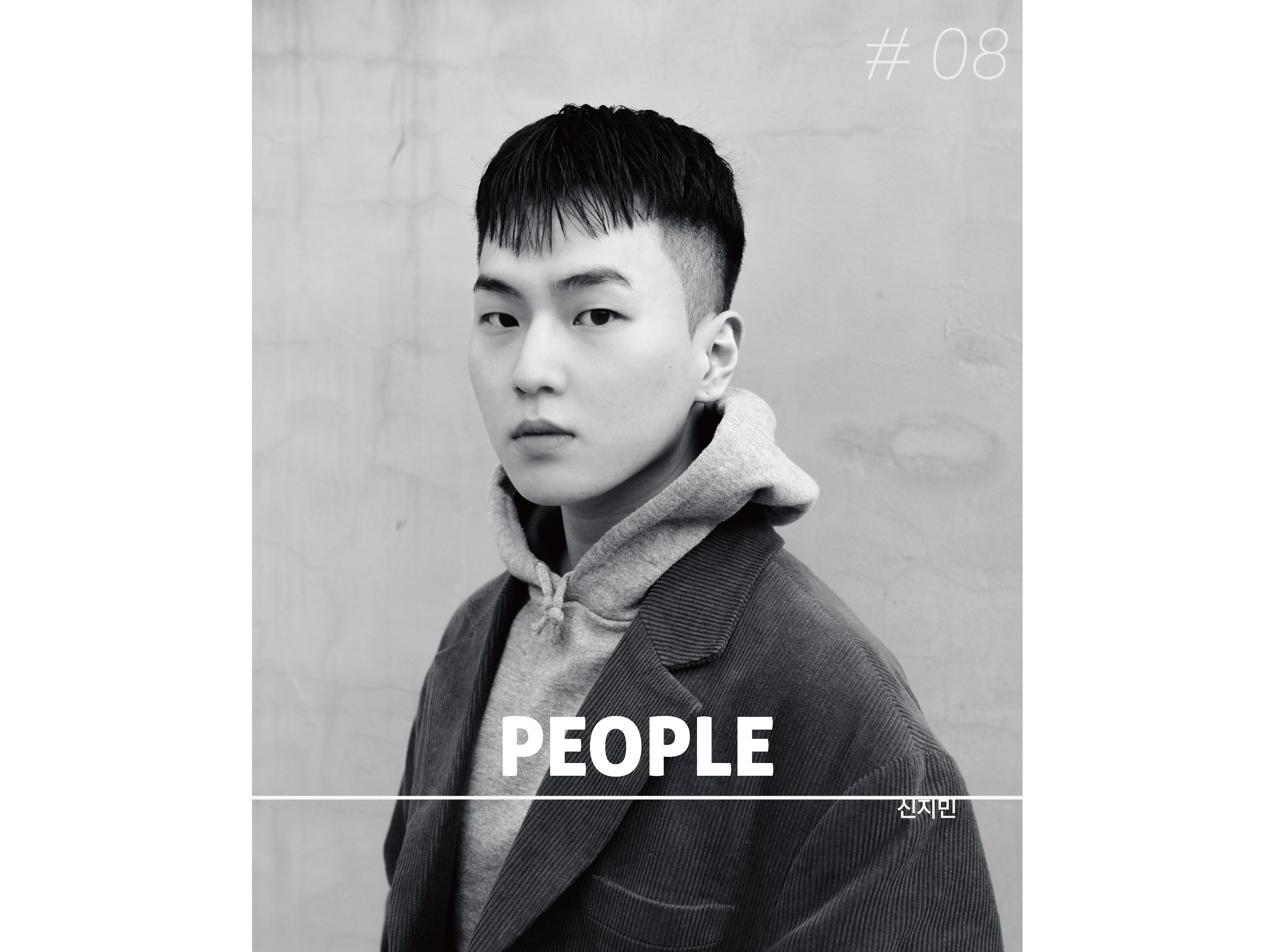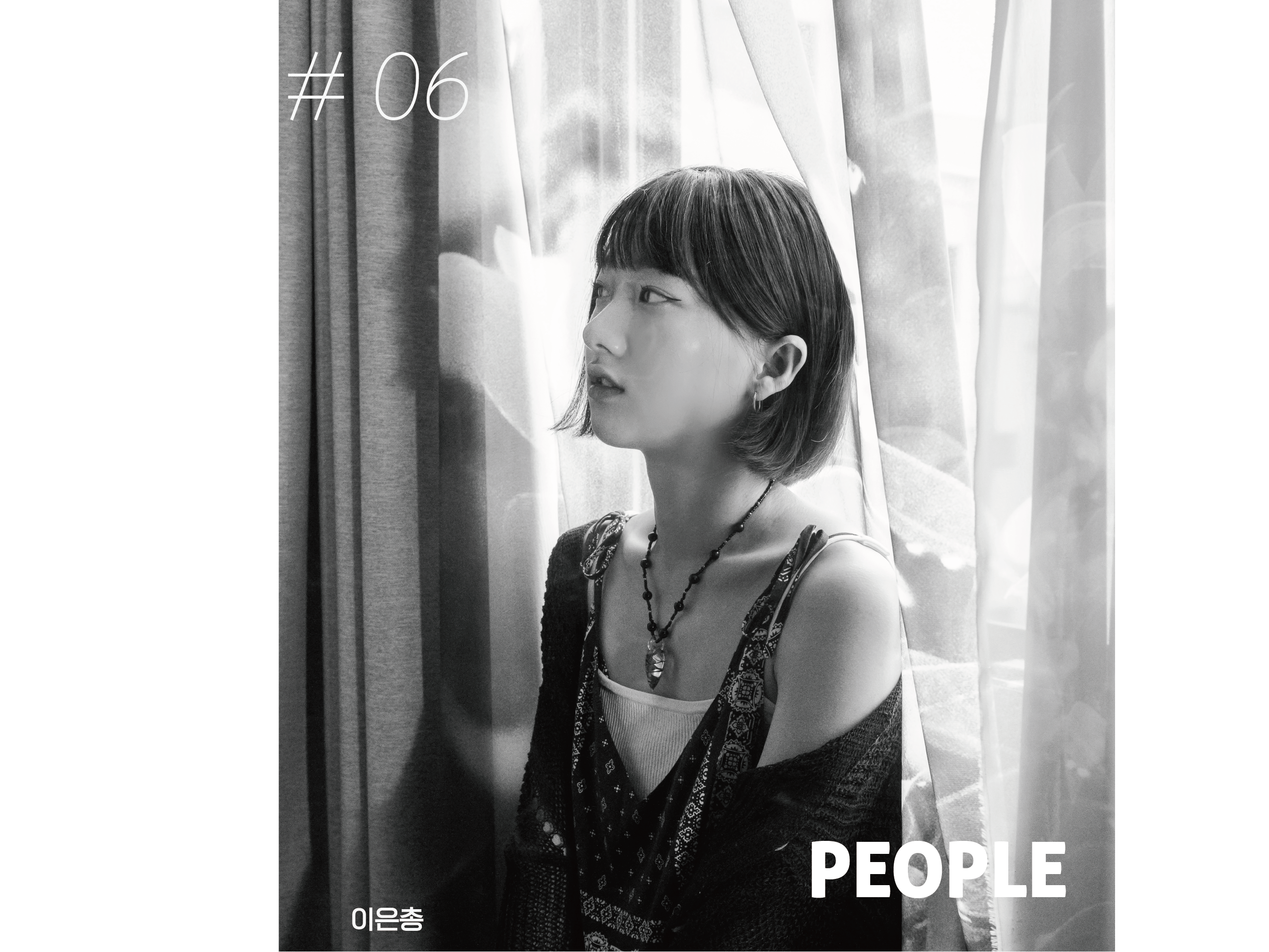Tell us a little bit about yourself, please.
My name is Oscar Wil, also known as Groove trotter. I’m a French-Swedish DJ who loves to travel. I don’t produce yet but I’ve been mixing for about five or six years now. And it has been an exponential passion for me to make people dance or make people discover new types of music, rhythm, combinations of sounds, and experiences. That’s what really pushes me to go forward with my Djing and traveling. The whole “groove trotter acts” comes from the word ‘globetrotter’ - somebody who travels a lot. And I wanted to both travel a lot and also whenever I’m staying somewhere, I can still travel through music. So that’s why I’m forever traveling.
What are your thoughts or interests these days?
My interests are just the same for the past five years. Outside of music, I really enjoy the cinema. I’m also kind of a space nerd, I really like astrophysics and science in general. Half of my family are scientists in a way, my grandfather was a marine biologist and my grandmother was a nurse, my aunt is a veterinarian (vet). That’s why I always enjoyed science, how I see nature. Especially in space, there are very fun things happening. I’ve been getting a little bit into photography, probably because I have some photographer friends and meetings with some good photographers. So photography has been a new thing. And also languages, I’m currently working on Korean. I really like languages and I was frustrated about how little Korean I learned in six months. So coming back here, I bought myself some notebooks and I’ve been just practicing my Hangeul(한글) and it’s still very shitty. And also traveling. My thoughts, I’m kind of like binary. One day I’m very pessimistic thinking the world is getting hotter, we are all getting ourselves armed up and ready to go to war and a lot of things are going worse. Then the next day I wake up and I’m like the biggest hope puppy ever like things are gonna get better and hello to the Sir. It’s really back and forth. I’m rather very optimistic or pessimistic about a lot of things.
What about today? How are you today?
Today I’m good. I had a lovely day at work, it’s sunny outside, and I’m speaking to lovely people, and I’m gonna cook myself a good meal later, everything’s good. Today, I’m optimistic. Hopefully tomorrow, I’m optimistic too. I'm pessimistic with hope. Like shit is going worse but it’s not a reason to give up everything. I think some pessimists are important. The problem that tends to happen with optimists is the lack of realism. Well on both sides they lack something. Pessimists sometimes lack ideas and motivation to make things change. And optimists lack realism. I think in general I’m pessimistic in general but I’m a pessimist who is pissed being a pessimist and I wanna change as many pessimists to optimists then I’ll be the last pessimist in the room hahaha.
What values do you pursue in your life?
Lately, I learned that respect is not something that you earn, it’s something that you owe to people. Respect not only for people but cultures, and the way people think and act. Understanding and respect come as a structure to interact with people. Then what makes me move is curiosity and I tend to say to people that what makes a person enjoyable to have a conversation with is not necessarily they are interesting but interested. For me it’s important to be interested. The more you are interested the more fun you have. So yeah, curiosity, understanding, respect. Oh, I do think it’s very important to have a critical sense as well. Also asking yourself questions. Rethink if you understand a certain thing is really important. I’ve noticed that nothing is simple, everything can be as beautifully complex as it can be.
What made you like music and Djing?
When I was a kid, my parents weren’t the biggest music fans or musicians but they listened to different types of music, not necessarily what was playing on the radio. And I think it subconsciously taught me that ‘you can like whatever music you want. It really showed me that your music was something of your own and it’s very personal. So that allowed me to start enjoying any kind of music. Then later on in my early teenage years, I noticed that I was very sensitive to music. My family always made fun of the fact that I couldn't listen to music without moving. Then when the Djing thing started, I noticed that I could transmit that sensibility and passion to other people through a growing variety of genres and atmospheres. When I was showing people music, still today, I kinda feel like a scientist because I know this music by heart but what I’m really paying attention to is their reaction and what they take from it. Since I do this very often it allows me to anticipate things and guess in the best way possible what people will like when it comes to music. So that’s how I got into music and DJing. It was something by myself, not much from the other musicians, parents, or anything. I also had an important music teacher, who is my only breath-taker in my middle/high school years. He is one of the biggest influences in my life outside of my family. Passion got by myself and he helped me harness my passion for Djing.
What age were you when you first started Djing?
I was 15. It was actually my best friend who lived in the same building as me, he somehow got the DJing controller. At that time both of us thought that it was so cool. I started mixing with it in the first two years sometimes at some parties. From those experiences, my interest in music got bigger and wider.
Why did you start ‘People&Track’ on Instagram Stories? And how is it going?
To explain how all these started, I was at my friend’s place and all of them went out for a grocery and I was alone. I got bored being by myself so I started these stories. Then I came up with an idea that if someone sends me a picture then I would choose a song that they would like. I thought it was a fun way to use Instagram stories so that people would discover music and be creative with the pictures. So after several repetitions of this series, more people participated, and also many artists that I’ve tagged on the story even re-posted it. And the one-time stories always end up with a playlist because I want people to listen to all the music posted. But for now, I’m not sure if I’ll be doing it again unless a certain number of people request it. And I’m currently thinking of other ways to use social media as a creative platform to share music. It’s all about sharing and bringing people and music together. Right now, I have a few drafts but I have to work on them more.
How do you choose the right song for each person?
If I know even a little bit about the person, I can think of the music they listened to the most and just one track would be a huge help as well because I can start from that. But if it’s from someone I don’t know at all, I do a little bit of stalking. If I know their background but not their taste in music, then I would think and imagine what music they would like based on their personalities. I think it’s mostly a subconscious process. I kind of make a bet and hope they will like the songs. Most of the time they liked it. And now that I think about it, nobody has told me that they didn’t like it. And that’s too easy to be true. Maybe I chose some music that they didn’t like but just didn’t tell me.
Can you share some of the difficulties you faced as a musician?
In the early stages, music was not paid well. The main difficulty is figuring out how to put this dream into reality. And I’m barely a toddler in my career. I’m still figuring everything out. And the same difficulties as people my age, things like finances, politics, spam emails, and daily difficulties. The main difficulty for me is figuring out how to put my dream into reality and balancing out the work and everything around it.
Do you think that DJs are considered artists?
It’s not a general rule. You could be a DJ but not an artist. And that depends on whether you consider what you are doing as art. And I think it’s something you would notice if the DJ is doing art that he’s doing his thing or not. On a very high level, Djing is one of the most beautiful forms of art because it essentially uses the plethora of human creativity to bring a continuous flow of music for people to enjoy. So on a higher level, yes DJs are artists but not necessarily. And some DJs are artists but that doesn't make them good, they are just bad artists but they are still artists. In this question, in this sentence, in this whole system, I would say DJs can be artists but artists do not necessarily be something that brings quality to the DJ. It’s something quite personal.
Do you consider yourself an artist?
I want to, and sometimes I do. But at the same time, there’s a little devil on my left shoulder telling me “You are nothing, you are not an artist, look around you.” For me, an artist is somebody who creates and so far what I’ve done here is create atmosphere and memories, and in some cases for me it was art but I don’t think I’ve done it enough. And I haven’t understood that type of creation enough to consider myself a complete artist. That’s why I wanna start producing soon because I think it will fill in the missing piece and my artistic identity I guess. On a good day, I’ll say yes I am an artist. If I’m sarcastic, depressive, realistic, and it’s somebody who’s much more experienced than me and asks me if I consider myself an artist then that would be NOPE.
Art is a genre that finds value by sharing it with people. In this interview, we can compare visual arts and music within that genre. Just like the people who like Djing, it seems like there are more people who enjoy the music itself than the visual arts. If you get to compare visual arts and music in terms of enjoyment and appreciation for people, what would you say?
I think it depends on the physical access. Today, like phones, and laptops, streaming all of those things makes music a lot more accessible than fine art. Where you are not only needed to go and see fine art but you also need a lot more education around it to enjoy it because I feel like fine art is something that has evolved in a more dynamic way. For music, there weren't as many evolutions as there were for fine art. Music’s history is a lot more compact. So it depends on physical access, education, and also one of the main differences is that music is something that we instinctively enjoy, like rhythm, we like repetition, the rhythm pattern, melodic or harmonic. For fine arts, it’s not really programmed into brains. It’s something that becomes more meaningful through social interactions, much less instinctive. Enjoying Piccasso is not as instinctive as bobbing your head onto the house beat. Even though you still find some people not so sensitive to music, they are much more sensitive to paintings. Is it fair? I don’t know. Should it change? I don’t know. But one thing is sure if people want to access things, they should be allowed to have easy education because also in music, in any form of art, understanding more of the context, and humans behind it make it much more enjoyable. But it’s just more difficult to have that understanding in visual and fine art than in music. I think we should work on it more and make it accessible then we’ll see if fine art becomes as meaningful as music is.
-
Where do you think you are flowing(going)?
I’m flowing quite randomly. I’m probably like a hillside because one thing is sure I know what direction I’m going, I’m technically going down. Sometimes it goes slow, fast, left, and right. I’m gonna have to experience a few things bump into rocks maybe split sometimes, and have doubts, but it’s still going I guess kind of smoothly. I’m not somebody who took things hands-on first, I’m more of a person who adapts to how things will go on for me. And each time I’ve adapted well so I’m practicing my adapting skills. But I still should be more hands-on with what I’m doing because letting myself go is not gonna work all the time.
Do you think there’s a final destination?
No. I hope that when I’m not in this world anymore, there’s still gonna be something not necessarily my flow but something that has changed people’s lives. Not just lost in the chaos, there’s a reason for something and hopefully something good.
If there is an ocean that you want to flow and reach one day, what kind of scenery does it have? And how would you describe yourself flowing through the ocean?
An ocean that has a lot of different types of seasides. Around that dynamic ocean, there are a lot of people gathering, people from different backgrounds and cultures, they would use the ocean for peace, trade, exchange, and happiness. I hope that if I become an ocean, people would do amazing parties and beach-side raves. And open restaurants around it and stuff like a dynamic ocean.
-
How was your living experience in Korea from last summer to early this year?
It was like the sweetest shock ever. I really am somebody who’s interested in cultural differences and enjoying the differences between cultures. Arriving in Seoul I was enjoying every difference that I could find. It was a whole new landscape for me. I felt like a kid in an amusement park. I was meeting every expectation I had set before coming to Korea. The clubbing scene, food, and everything were way better than my expectations. I wish it had been more balanced when it comes to discovering different facets of Korea. I only discovered modern Korea, underground Korea. In other facets of Korea like Korean history, I didn’t visit many side-scene places. And I kind of regret it now because when people ask me about Korea, I don’t have a lot of answers. I think I could have gotten them if I had a “balanced experience”.
What made you want to go to Seoul?
I had been interested in the east-Asian music culture/market, and the scene in general for about two years prior to coming to Korea especially Taiwan, Japan, and Korea. Then I only found that there’s more to explore in Korea than in other east-Asian countries. So I thought Korea might be very interesting and I also came to Korea because I’m interested in K-pop, not that I listen to K-pop but I was interested in the phenomenon itself. Like how can music that most people don’t understand be so successful? And I wanted to study it closer, convinced that it could be repeated in other forms of music and the biggest example of that is French-speaking rap. Even though it works very differently with K-pop, I’m sure that some musical markets can be grown as big as K-pop.
If you don’t include K-pop, what genres do you like?
I was interested in K-pop from a business side, but the music I really love is a wide part of the electronic spectrum - I will call it a spectrum because nowadays it’s getting more blurry and difficult to make differences between genres. I’ve also been a big fan of jazz, punk, folk, and disco for a long time. World music, started with Brazilian music because I lived in Brazil. So I was getting into south-American music then I discovered that when you look into it, there are a lot of traditional and folk genres that are super interesting. Rock and metal are probably the genres I know the least about even though I still enjoy them a lot. And pop, R&B, and new stuff coming from all around the world. All those genres tied to specific areas of the world. Pretty much anything might interest me.
Any changes when it comes to your taste in music if you compare it from your teenage hood to now?
It definitely got more diverse, but also my taste got more context. When I was a teenager listening to music then I just liked the song. Now, I can see how it makes sense why I like the song. The difference is that now I can give reasons why I like certain songs. In my saved songs, very few songs are “unknown” to me. I always know something about it because I taught myself to listen to music while understanding what it is. So I feel like a scientist now when I discover new music.
Are there any differences between European and Korean raving(clubbing) culture?
One thing I can say comfortably is that there are much fewer drugs involved in Korea than in Europe which is very nice. Personal space and respect for each other are much better in Korea. But when it comes to the actual organization, the structure of the event, and how the marketing works, what I can say is that you should take it with a grain of salt (idiom) because I was there in Korea during covid and I couldn’t experience 100% of it. I think it’s more fluid, and easier to make something happen in Seoul than in Paris, Berlin, or Amsterdam. To take the first step in a career in the clubbing scene, I think it’s easier to climb in Seoul than in Western cities I’d say.
-
What is ART in your own definition?
I think first, art is very personal. I don’t think a universal definition of art exists and that’s what makes art beautiful. My definition of art is practiced, well caring for something different than just correct execution. If I try to explain myself, for example, some people would consider a blacksmith an artist because a blacksmith makes a sword and he’s not just putting effort into it for the sword to cut. He’s gonna add things that are from his own perspective on what beauty is. And it’s something also tied to the culture. Some countries consider something to be completely normal while other countries consider this to be an art. And that’s going to show how they see the world. Art is personal but at the same time social because it’s meant to be seen by other people. So it’s something extremely personal, not universal, social, and that escapes from the practical, physical, and scientific rigidity. But I think there still are people doing science as if it was art because even scientists can be the greatest artists.
@oscar.will
